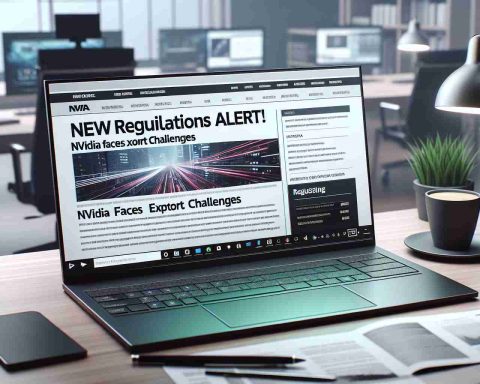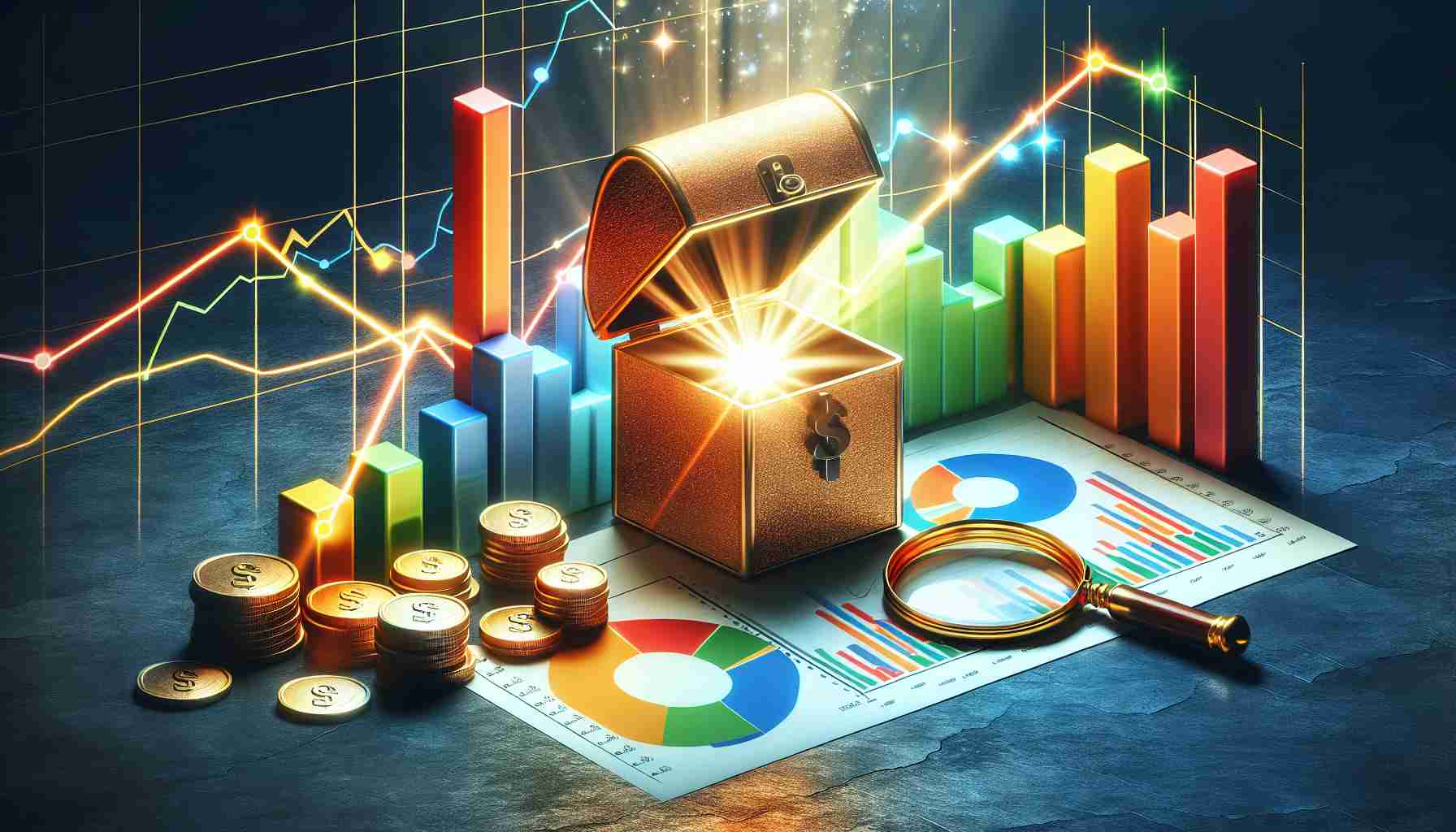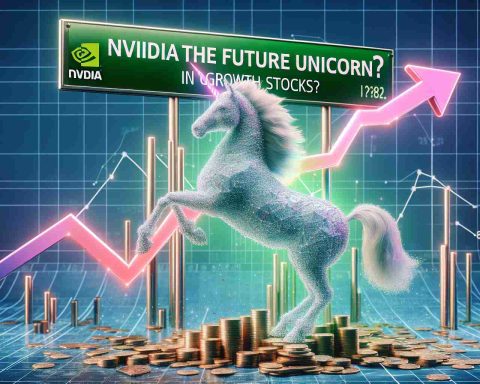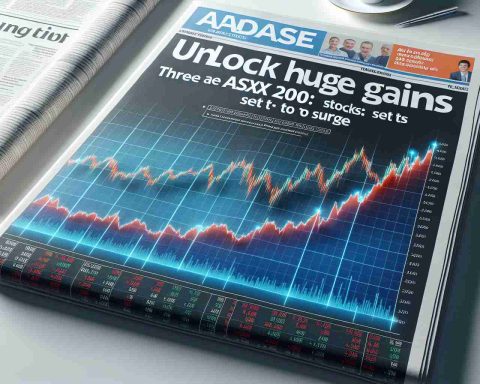New Investments on the Horizon
As Donald Trump begins his second term in office, significant shifts are expected in the investment landscape. With a focus on not only artificial intelligence (AI) but also corporate buybacks, companies are poised to increase their allocations for growth and innovation.
During Trump’s first presidency, the financial markets experienced remarkable growth, with key indexes like the Dow Jones, S&P 500, and Nasdaq seeing substantial upticks. Investors are now looking forward to a renewed wave of spending, particularly in transformative technologies.
With Trump’s administration likely to deregulate AI initiatives, there’s potential for accelerated progress in this field. His administration is anticipated to reshape the AI narrative by removing restrictive executive orders from previous leadership, thereby enabling a focus on domestic innovation and national security.
However, the trend of corporate stock buybacks could overshadow AI investment. Following the 2017 Tax Cuts and Jobs Act, share repurchases soared, boosting stock prices significantly. Proposals for further tax reductions could lead to even more staggering buyback figures, projecting over $4 trillion in cumulative activity during Trump’s upcoming term.
Major corporations, including tech giants like Apple and Microsoft, have significantly engaged in buybacks, showing that this strategy plays a crucial role in their financial health. Although the AI boom continues to attract attention, the power of stock buybacks will redefine Wall Street’s future during Trump’s presidency.
Broader Implications of Trump’s Investment Agenda
The anticipated investment surge under Donald Trump’s second term has broader implications that extend beyond the immediate financial landscape. As the focus shifts to artificial intelligence and potential corporate buybacks, society and the global economy are poised to experience significant transformation.
The prioritization of AI innovation could lead to enhanced productivity across multiple sectors, including healthcare, finance, and logistics. A report by McKinsey estimates that AI could contribute an additional $13 trillion to the global economy by 2030. As AI technology proliferates, companies and industries willing to adapt may gain a substantial competitive edge, thereby reshaping job markets and economic hierarchies.
Conversely, the trend of increasing stock buybacks raises concerns about long-term corporate investment strategies. While buybacks can inflate stock prices and provide immediate shareholder gratification, there is a risk of diverting funds from essential investments in research, development, and human capital. Such a focus may stifle innovation in favor of short-term gains, potentially undermining the long-term sustainability of both companies and entire sectors.
Moreover, the environmental implications should not be overlooked. With government deregulation in the energy sector, there is a possibility of increased fossil fuel extraction, leading to heightened carbon emissions and environmental degradation. Conversely, investments in AI could promote advancements in green technologies, presenting a dual-edged sword for the future of the planet.
In a climate of uncertainty and rapid technological advancement, the choices made during this pivotal investment period will resonate for years to come, influencing not only the economic framework but also the societal values surrounding technological innovation and corporate responsibility. The outcome will reflect the delicate balance between short-term financial tactics and long-term vision for a sustainable society.
The Future of Investment: What to Expect from Trump’s New Term
Analyzing the Investment Landscape Under Trump’s Second Term
With Donald Trump beginning his second term in office, the investment arena is anticipated to undergo considerable transformations. As corporations adjust their strategies, the concentration will not only be on artificial intelligence (AI) but also on the critical aspect of corporate buybacks. These factors are expected to reshape the dynamics of growth and innovation within the financial markets.
Trends in Artificial Intelligence Investment
The Trump administration is expected to take a more hands-off approach to AI regulations, promoting an environment that encourages innovation. This deregulation could lead to increased investments in AI technologies, affecting various sectors from healthcare to finance. Companies that harness AI are projected to gain a competitive edge, with potential breakthroughs in efficiency and productivity.
The Corporate Buyback Phenomenon
In tandem with the push for AI advancements, corporate share repurchases are projected to dominate the financial narrative. Following the implementation of the 2017 Tax Cuts and Jobs Act, which incentivized companies to buy back their shares, these activities surged. Analysts predict that under Trump’s second term, corporate buybacks could exceed $4 trillion cumulatively, further elevating stock prices.
# Pros and Cons of Corporate Buybacks
Pros:
– Shareholder Value: Buybacks can boost earnings per share, benefiting shareholders directly.
– Market Confidence: A company buying back its shares can signal confidence in future performance.
Cons:
– Short-Term Focus: Critics argue that buybacks prioritize immediate financial results over long-term growth.
– Underinvestment: Resources allocated for buybacks might detract from investments in innovation and infrastructure.
Key Considerations for Investors
– Market Analysis: Investors should monitor the evolving dialogue around AI expansion and corporate buyback policies as they will influence market movements significantly.
– Innovation Focus: Companies that prioritize innovation in AI may outperform those heavily relying on buybacks.
– Regulatory Shifts: The anticipated decrease in regulatory barriers for AI could attract more venture capital into tech-focused startups.
Limitations and Concerns
While the economic forecast appears optimistic, several challenges could arise:
– Economic Downturns: Unforeseen economic challenges could dampen the expected growth in corporate buybacks and AI investments.
– Regulatory Backlash: Future administrations may reintroduce regulations that stifle innovation in the tech sector.
Predictions and Insights
As we look forward to Trump’s administration, several key predictions can be made:
– Continued Market Volatility: The emphasis on corporate buybacks may lead to volatile market conditions as investors react to fluctuations in company valuations.
– Increased Investment in AI: The tech industry is poised for growth, especially for those companies that can effectively integrate AI into their business models.
Conclusion
Trump’s second term holds the promise of significant developments in investments, particularly regarding AI and corporate buyback strategies. For investors, understanding these trends and their implications will be crucial in navigating the future investment landscape.
For more insights into market trends and innovation, visit Investing.com.
















